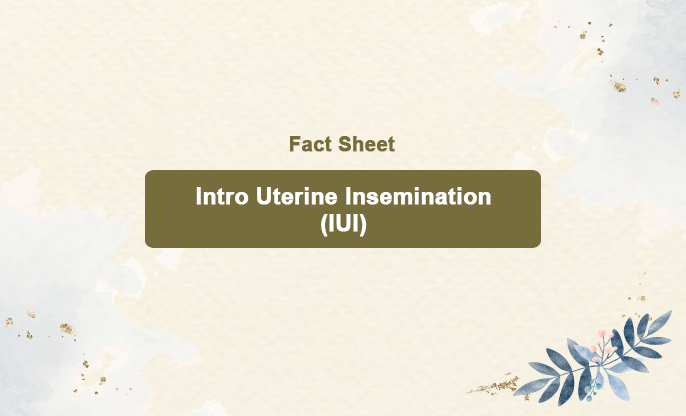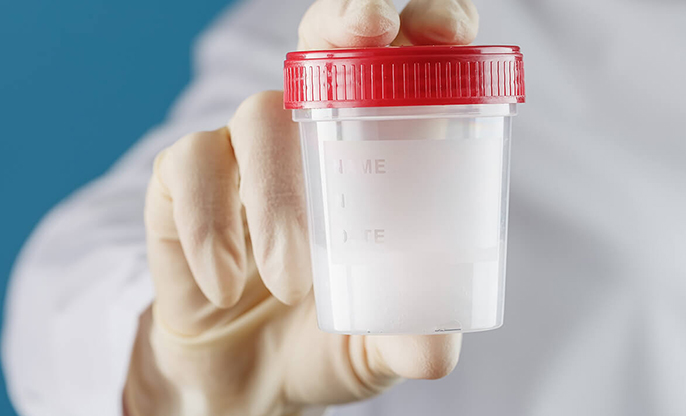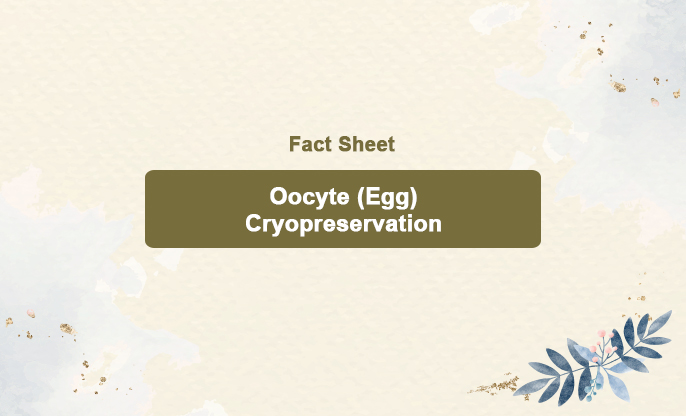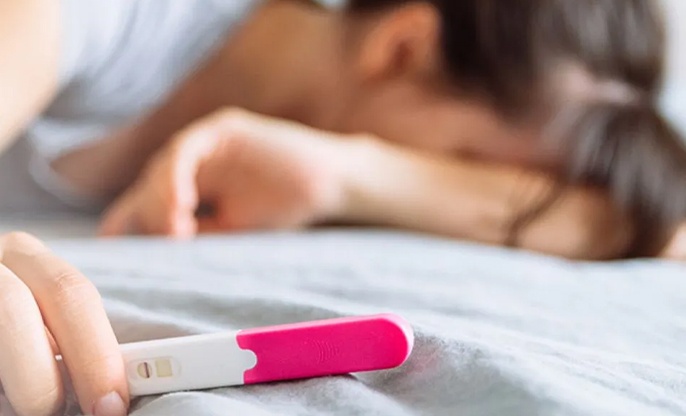
What is this?
Intrauterine insemination (IUI) is a fertility treatment where sperm is directly inserted into a woman's uterus. IUI gives sperm a head start by placing it directly in the uterus, but the sperm still needs to reach and fertilize the egg on its own. It is a less invasive and more affordable option compared to In Vitro Fertilization (IVF).
The most common reasons for IUI are a low sperm count or reduced sperm motility.
The likelihood of becoming pregnant with multiples increases if fertility medication is used during IUI. Additionally, there is a slight risk of infection following the procedure.
IUI is most effective for couples with unexplained infertility, mild male factor infertility, or cervical mucus problems. It is less effective for severe male factor infertility or significant tubal issues.
Why is it done?
Intrauterine Insemination (IUI) is done to enhance the likelihood of fertilization by boosting the number of healthy sperm reaching the fallopian tubes during the woman's peak fertility period.
Other procedures and interventions needed:
Intrauterine Insemination (IUI) often involves several other procedures and interventions to increase its effectiveness. These can include:
Ovulation Induction: Medications such as Clomiphene Citrate or Gonadotropins are administered to stimulate the ovaries to produce multiple eggs.
Monitoring Ovulation: Regular ultrasound scans and blood tests to monitor the growth and development of follicles and to determine the optimal time for insemination.
Semen Collection and Preparation: The partner or donor provides a semen sample, which is then washed and prepared in the laboratory to concentrate the healthiest and most motile sperm.
Trigger Shot: An injection of human chorionic gonadotropin (hCG) or other similar hormones may be given to induce ovulation at the right time.
Timed Insemination: The actual insemination procedure is carefully timed to coincide with ovulation to maximize the chances of fertilization.
Follow-Up: After the IUI procedure, follow-up appointments may be scheduled to monitor for pregnancy and address any complications.
Efficacy:
IUI success rates typically range from 10% to 20% per cycle for women under 35 years of age. The success rate decreases with age, especially after 40.

















